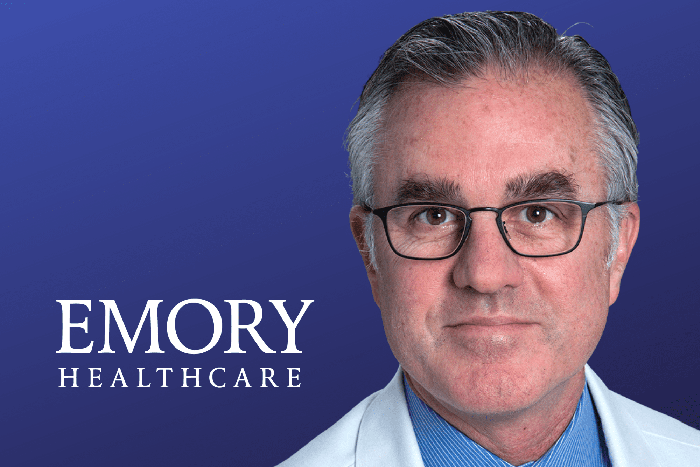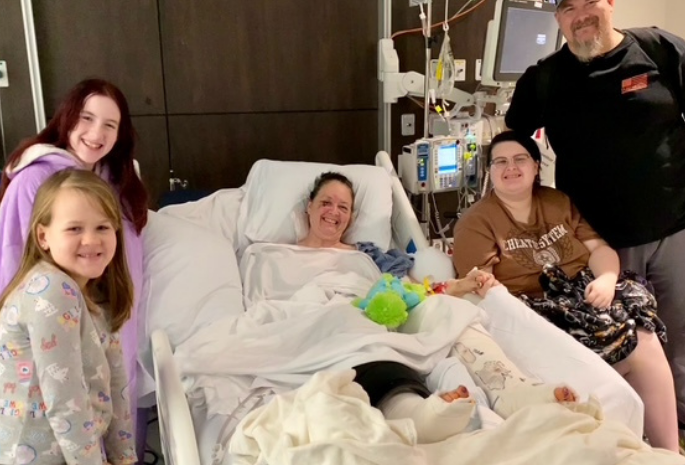The brain is the center of all your thoughts, behavior and movement. That’s why brain health care at Emory Healthcare is transforming patient-centered care by bringing more than 400 experts subspecialized in every type of brain condition together. From stroke to brain tumors to epilepsy and psychiatric conditions—we can treat all diseases and conditions of the brain.
Our world-renowned center offers patients accurate diagnosis and custom treatment options to deliver lifesaving care. Unlike any other health care system in the country, we combine five brain health specialties: neurology, neurosurgery, psychiatry & behavioral sciences, rehabilitation medicine, and sleep medicine under one roof.
With our creative partnerships between specialties, we're able to quickly diagnose conditions and develop treatment plans that change patients' lives. You can learn more about some of our team’s remarkable work in "Your Fantastic Mind," a PBS television series syndicated throughout the United States.




